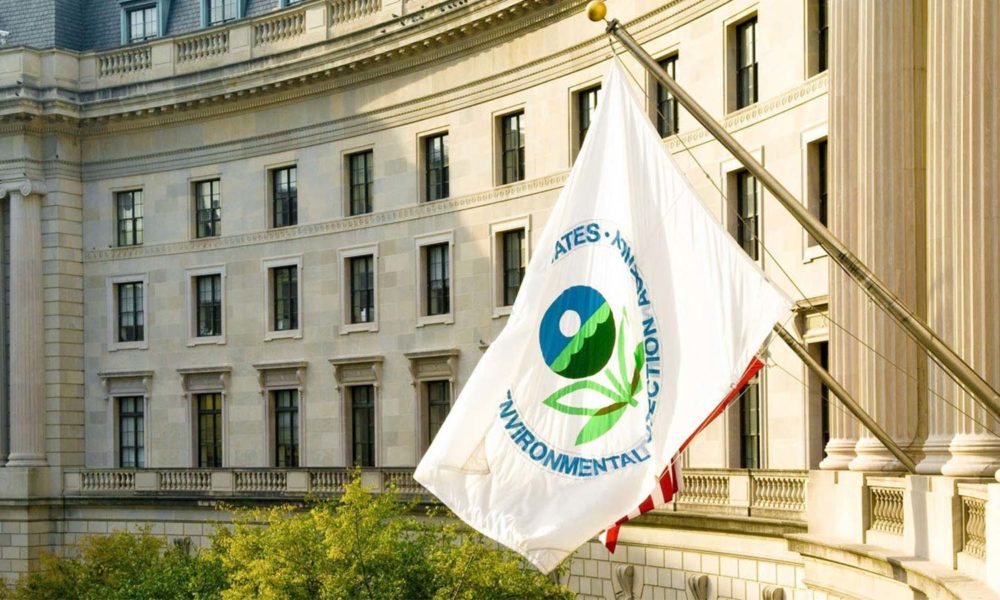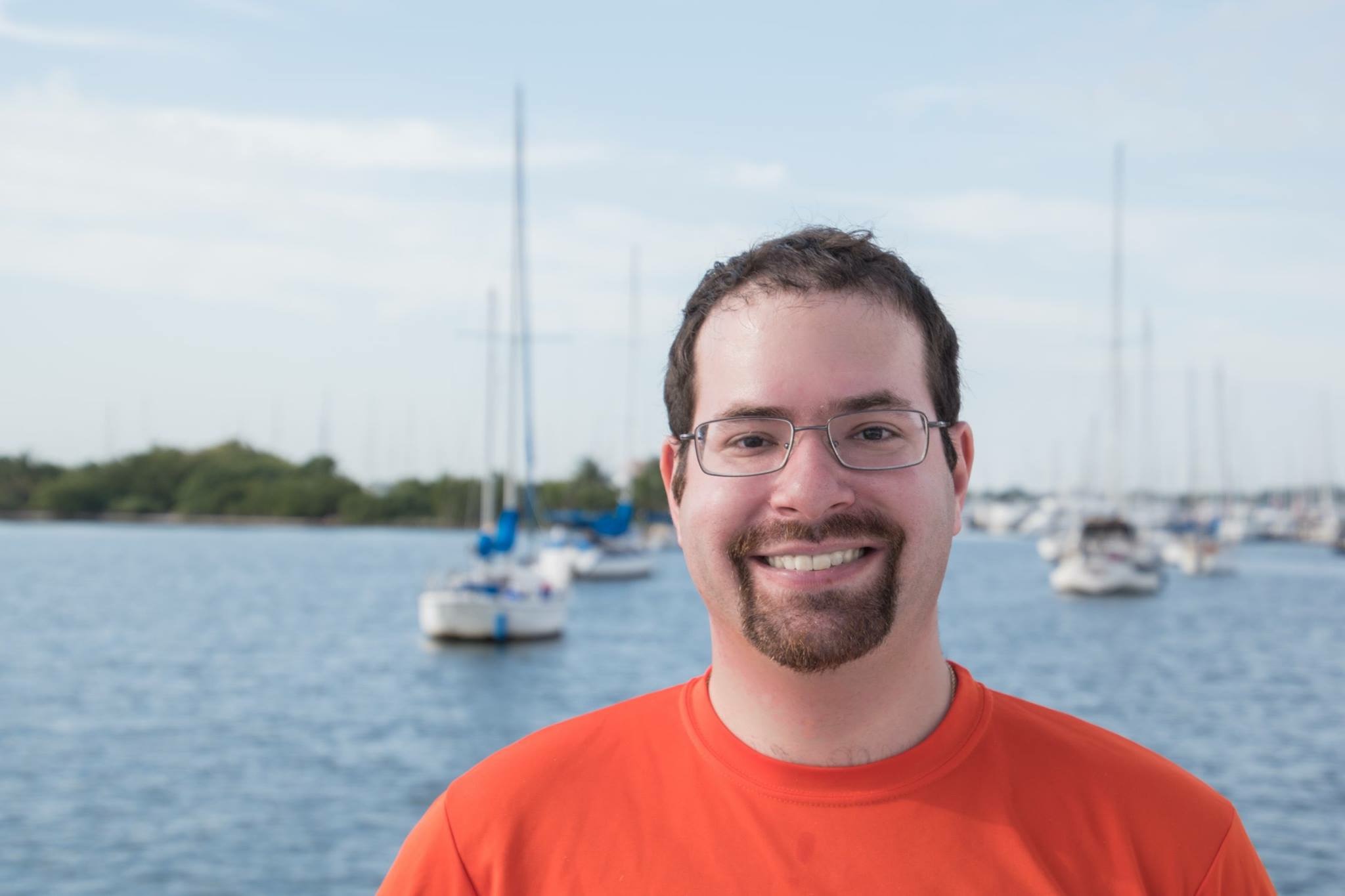As an interdisciplinary conservation scientist, I spent a lot of time thinking about the proper role of science in advising and informing government decisionmaking. While scientists don’t know everything and science can’t solve every problem, relying on expertise and evidence to inform decisionmaking generally results in better outcomes than just making up nonsense. When science and expertise is ignored, marginalized, or mocked, when experts are threatened rather than listened to, well…. *gestures around at the current state of the country after the last four years*.
In the weeks leading up to Joe Biden’s inauguration, I was asked by my friends here at UCS to write some thoughts about what the Biden-Harris administration should do to fix science policy in the United States government. I spoke with some colleagues, and I did a deep dive into some NGO reports and media articles, and I came up with what I thought was a pretty great list! It included not only fixing some of the more egregious issues from the last administration by undoing some harmful deregulation, staffing up with great technical advisors, and rejoining international agreements, but moving forward on climate change and science-based biodiversity protections. It included some easy lifts like restoring protected areas and restricting obviously harmful chemicals. It also included some things I never thought we’d see in my wildest dreams, like a cabinet-level science advisor, making climate change central to thinking across the Federal government, and a detailed specific commitment to scientific evidence informing policymaking, but it’s good to make big asks sometimes.
As I was writing this list, the most unexpected thing happened. Before I could turn my list into a complete blog post, the Biden-Harris administration just….did every single thing that was on my list, and more. This wasn’t just keeping campaign promises, this wasn’t just “restoring science to its rightful place,” this was something new and surprising and a little bit wonderful. And as a scholar of (and frequent critic of) the role of science in advising and informing government decisionmaking, I am here to tell you that the Biden-Harris administration’s science policy agenda as we’ve seen it so far is…good! I don’t mean to suggest there’s no room for improvement, or that they won’t do anything wrong in the future. I’m just saying that in the first two weeks of the administration, they accomplished every single thing on the wish list I had prepared for their entire term, and that’s amazing!
After the last four years, many concerned scientists are geared up for a fight, to defend the good that remains while trying to claw back some ground we’ve lost. While we shouldn’t get complacent and should be prepared to speak up and speak out when necessary, it’s very easy to forget to celebrate successes and wins and good things that happen. The science policy moves we’ve seen so far from the Biden-Harris administration are precisely that: wins that should be celebrated! Effective advocacy requires a carrot and stick model, criticizing problems while praising progress, and all too often in our fear we forget the latter part of this. We also shouldn’t forget that these wins are fragile, that these good executive orders can be undone by another President just as easily as President Biden undid bad executive orders from his predecessor. But after a long dark winter, good things are happening for science policy in the United States. Let’s take the win!

